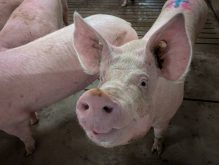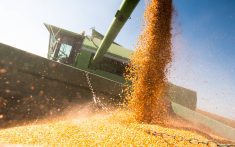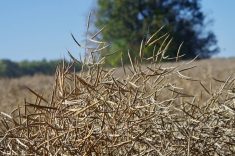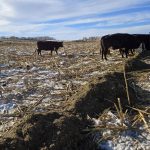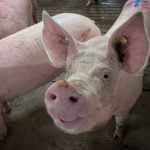U.S. agrifood giant Cargill said on Tuesday that lingering pressure from a historic U.S. drought hurt its meat and grain operations, knocking quarterly earnings down 42 per cent.
The worst drought in more than half a century last year devastated the corn harvest in the United States, the world’s top grain producer, and catapulted prices for grain fed to livestock.
Recent rains and snow have improved conditions for the next corn crop, which is starting to be planted in the Midwest, and grain prices have weakened.
Read Also
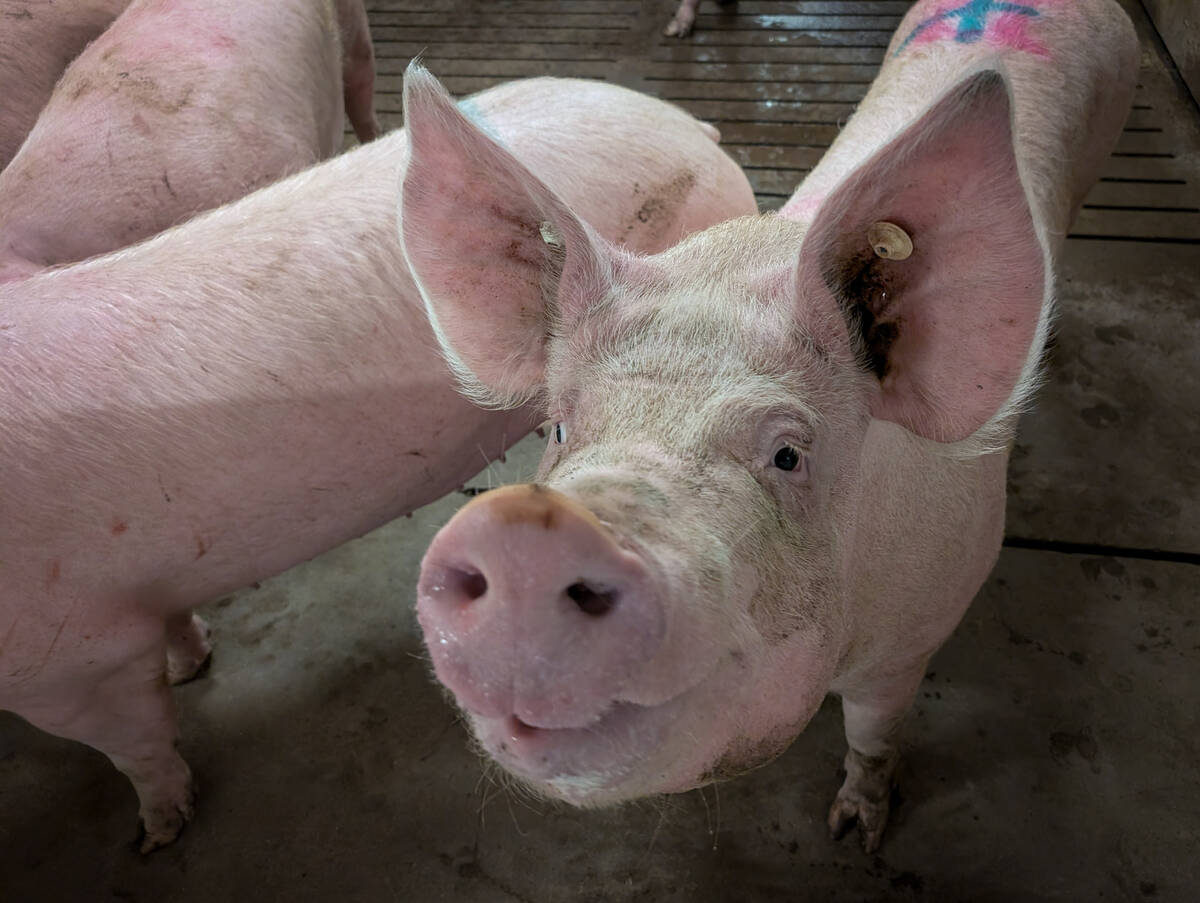
Spain detects first swine fever cases outside initial Barcelona outbreak zone
Two African swine fever cases have been detected in Spain among wild boar for the first time outside an original outbreak area near Barcelona, prompting additional restrictions on the movement of people and livestock, regional authorities in Catalonia said on Friday.
However, Cargill — one of the world’s largest privately-held corporations, as well as Canada’s biggest beef packer and third-largest grain handler — said the drought had a “prolonged impact.”
Poor harvests can snag Cargill because it is a leading crop processor and exporter, a maker of livestock feeds and a livestock feeder, and a producer of meats and ethanol. The company also operates as a global commodity trader and risk manager in world financial markets.
“Whenever you have a short crop, it just affects your whole system,” company spokeswoman Lisa Clemens said.
Cargill is among four large players, known as the “ABCD” companies, that dominate the flow of agricultural goods around the world. Its performance is often studied for clues about the conditions impacting rivals Archer Daniels Midland, Bunge and Louis Dreyfus.
ADM is set to issue quarterly earnings results on April 30.
Minneapolis-based Cargill, one of the nation’s largest beef processors, has been warning since last summer that the drought would hurt its meat operations by tightening cattle supplies and raising production costs.
In February, Cargill idled a beef plant in Plainview, Texas, as the U.S. cattle herd fell to its lowest level in 61 years. Some of the plant’s 2,000 employees were laid off.
Cargill took a one-time financial charge from the closure, but does not expect it to have a “material adverse impact” on 2013 performance, Clemens said.
The company reported net earnings of $445 million for the fiscal 2013 third quarter ended Feb. 28, compared with a record $766 million for the same quarter a year before (all figures US$). Revenue for the third quarter edged up one per cent to $32.2 billion, the company said in a statement.
“Shrewd pencil pushers”
Improved crop weather and a rebound in U.S. grain production this year would likely give Cargill a boost by increasing the amount of grain available for the company to purchase, handle and store.
However, the decline in corn prices, if it persists, will not do much to help Cargill’s meat processing business because cattle supplies will remain tight for at least two years, said Jim Robb, director of the Livestock Marketing Information Center.
“They’re very shrewd pencil pushers,” Robb said about Cargill. “They clearly looked at that Plainview plant and they recognized that things are not going to change on the cattle side.”
Standard + Poor’s analyst Chris Johnson agreed the plant closure was a good move for Cargill.
Clemens declined to comment on how the company will be affected by the drop in corn prices.
Business diversity
Cargill’s earnings fell after rising for the first two quarters of the fiscal year. Of its five segments, four reported weaker performance than a year earlier: agriculture services, food ingredients, origination and processing, and risk management and financial.
The company’s position as an agribusiness leader often helps it cope with challenging conditions because it can tap markets around the world for supplies.
Cargill said it benefited from strong global demand for U.S. soybeans and soybean meal during the third quarter, even as poor weather and logistical problems hurt its ability to export soy from Brazil.
In the food ingredients segment, which includes beef processing, pressure from tight cattle supplies was offset somewhat by strength in operations involving cocoa, sweeteners and other ingredients, according to the company.
Nine-month earnings totaled $1.83 billion, up 66 per cent from a year ago, according to Cargill.
— Tom Polansek writes for Reuters from Chicago.



